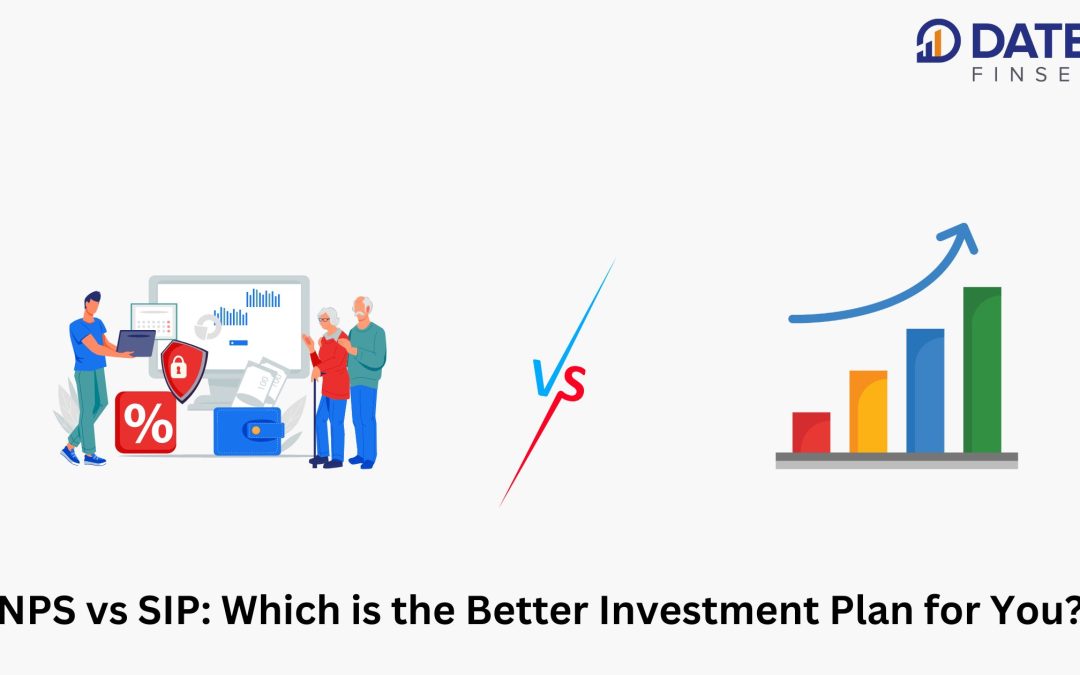Retirement planning is one of the most important financial decisions you will ever make. There are many different investment options available, and it can be difficult to know which one is right for you. Two popular investment options for retirement planning are the National Pension Scheme (NPS) and Systematic Investment Plan (SIP).
In this blog post, we will compare the NPS and SIP in terms of their features, benefits, and suitability for different investors. We will also discuss the pros and cons of each plan so that you can make an informed decision about which plan is right for you.
National Pension Scheme (NPS)
The NPS is a government-backed retirement savings scheme that was launched in 2004. The NPS offers a variety of investment options, including equity, debt, and hybrid funds. Investors can choose to invest in a mix of these funds, depending on their risk appetite.
The NPS has a number of benefits, including:
Tax benefits
Contributions to the NPS are eligible for a tax deduction under Section 80C of the Income Tax Act.
Government backing
The NPS is backed by the government, which means that your investment is relatively safe.
Systematic Investment Plan (SIP)
A SIP is a method of investing in mutual funds. With a SIP, you invest a fixed amount of money into a mutual fund on a regular basis, such as every month. This helps you to dollar-cost average your investment, which means that you buy more units of the mutual fund when the price is low and fewer units when the price is high.
Also, read it –Investing vs Trading
SIPs have a number of benefits, including:
Regular investing:
A SIP helps you to invest regularly, which is important for long-term wealth creation.
Rupee-cost averaging
SIPs help you to rupee-cost average your investment, which can help you to reduce your risk.
Flexibility
You can choose to invest in a SIP for any amount of time, and you can easily change your investment amount or frequency.
Comparison of NPS and SIP
| Feature | NPS | SIP |
| Investment options | Equity, debt, and hybrid funds | Equity, debt, hybrid funds |
| Tax benefits | Tax deduction under Section 80C | Tax deduction under Section 80C |
| Government backing | Yes | No |
| Flexibility | You can choose to invest in a mix of funds | You can choose to invest in any amount of time and change your investment amount or frequency |
| Suitability for different investors | Suitable for investors who want a government-backed retirement savings plan with a variety of investment options | Suitable for investors who want to invest regularly and dollar-cost average their investment |
Conclusion
The NPS and SIP are both good investment options for retirement planning. The best option for you will depend on your individual circumstances and risk appetite. If you are looking for a government-backed retirement savings plan with a variety of investment options, then the NPS may be a good option for you. If you are looking for an investment plan that allows you to invest regularly and dollar-cost average your investment, then a SIP may be a good option for you.

